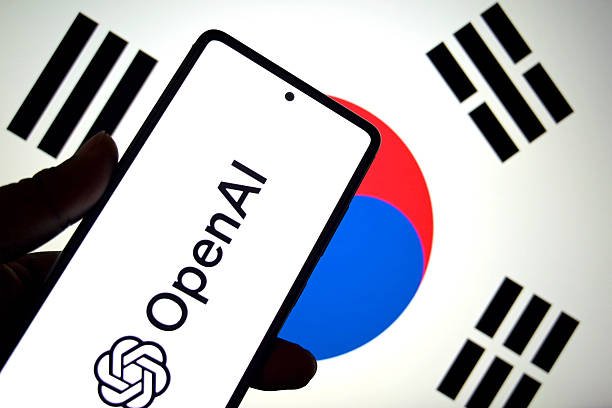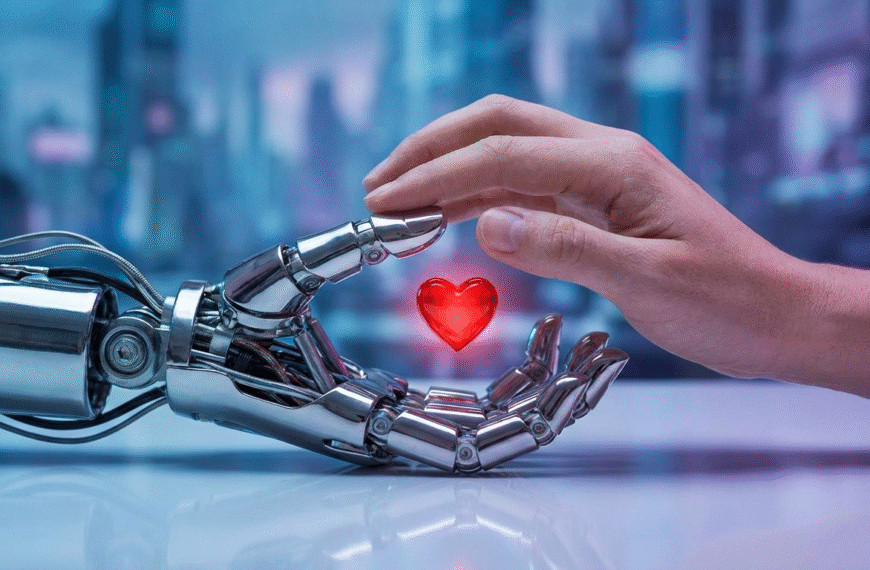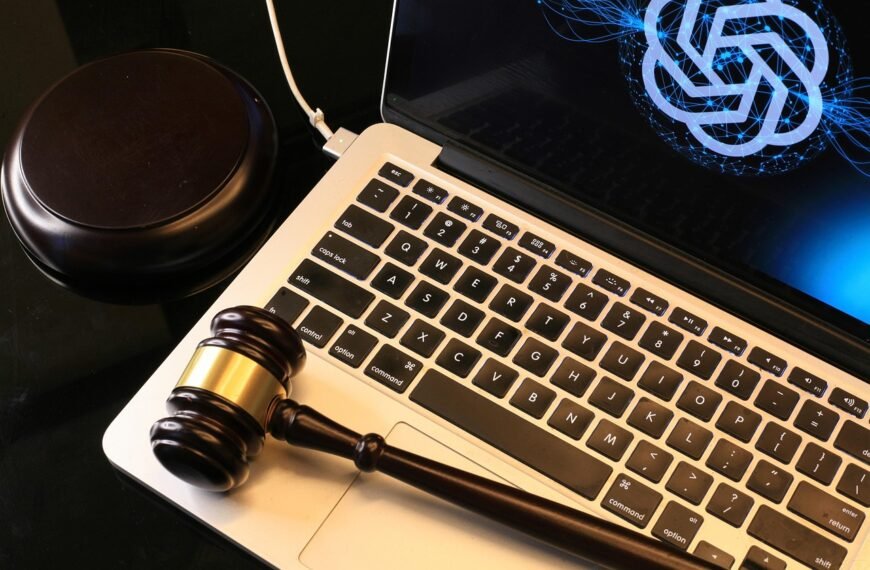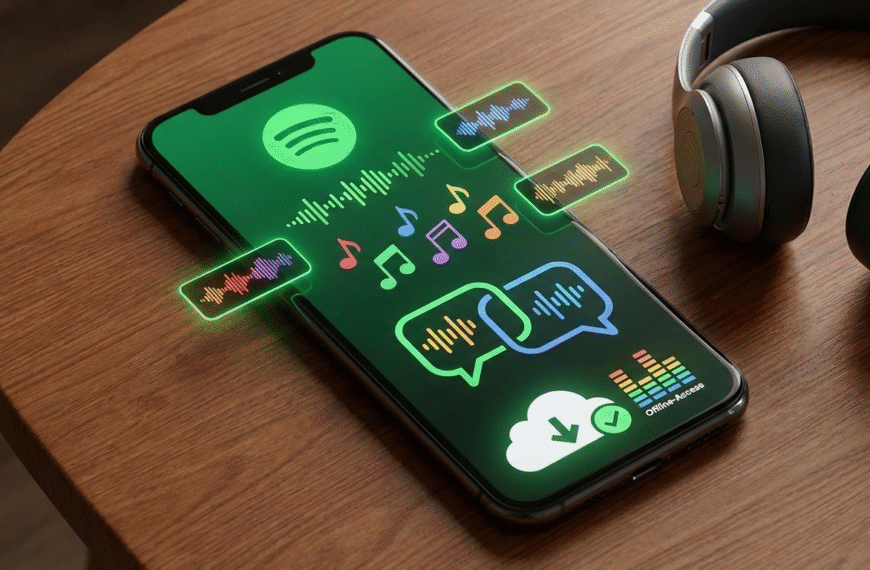OpenAI is supercharging ChatGPT for enterprise users with powerful new features that transform how teams work with AI. The latest updates turn the popular chatbot into a comprehensive productivity assistant by connecting it to major cloud storage platforms and adding meeting transcription capabilities.
Business users can now link ChatGPT to their Google Drive, Dropbox, Box, SharePoint, and OneDrive accounts, allowing the AI to search across company documents when answering questions. This integration maintains organizational access controls while enabling powerful workflows – like having ChatGPT analyze multiple reports to draft an investment thesis. The feature positions ChatGPT as a research assistant that can synthesize information from across a company’s digital ecosystem.
For meetings, ChatGPT now offers recording and transcription with AI-powered note-taking. The system generates time-stamped summaries, suggests action items, and lets users query discussion points after the meeting ends. These transcripts can be converted into Canvas documents, OpenAI’s collaborative workspace tool. This move puts ChatGPT in direct competition with established players like Zoom and Notion that offer similar meeting intelligence features.
OpenAI is also rolling out beta access to specialized connectors for HubSpot, Linear and select Microsoft/Google tools, enabling deeper research capabilities. Additionally, the new Model Context Protocol (MCP) allows enterprises to connect ChatGPT to custom data sources. These advanced features are available to all paid tiers, with MCP support extending to Pro, Team and Enterprise users.
With these updates, OpenAI clearly aims to make ChatGPT indispensable in professional settings. The strategy appears successful – enterprise subscriptions have grown 50% since February, now reaching 3 million customers. While startups continue developing niche AI office tools, OpenAI’s first-mover advantage and rapid feature expansion position ChatGPT as the leading AI assistant for business productivity.






















